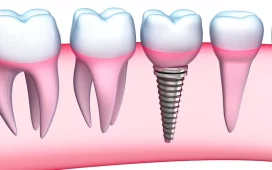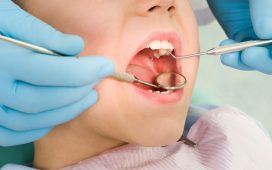You may not have noticed it then, but your first migraine might have been a precursor. Numerous migraine sufferers have found symptoms and signs manifesting one or two days before a migraine attack. If you can identify your symptoms, you’ll be a step ahead in therapy and potential prevention before the migraine strikes. At Modern Migraine MD, Dr. Risa Ravitz provides expert solutions for migraine symptoms, ranging from neuromodulation, and botox, to peripheral nerve blocks and many more. Meanwhile, check out this post to learn what migraine symptoms you should watch out for.
1) Irritability Or Depression
Mood changes may indicate an impending migraine attack. Even a spontaneous sensation of excitement could be an early sign. As per the American Academy of Neurology, those with mild to serious depression are more likely to develop chronic migraines.
Besides, researchers have discovered a possible genetic connection between sadness and migraine, particularly when accompanied by an aura. Depression and migraines run in some families. Therefore, it’s unsurprising that there might be a connection between the two disorders in parents, siblings, and kids.
2) Lack Of Restful Sleep
Migraines can trigger a vicious cycle. If you have problems falling or staying asleep or wake up still exhausted, that inadequate sleep could induce a migraine. Similarly, it could be difficult to rest or sleep if you have an existing migraine. Migraineurs report having sleeplessness during or before migraine episodes.
If you’ve recognized insomnia as one of your warning indicators, you should pay attention. Don’t dismiss it as a simple sleepless night, particularly if you’re susceptible to migraines.
3) Obvious Allergy Symptoms
Some migraine patients experience watery eyes and a runny nose before the onset of migraine discomfort. The nasal discharge is often clear, and their eyes tend to tear up. Besides, such people’s eyes might become somewhat droopy.
These concerns can be migraine warning symptoms for certain individuals. Unfortunately, it could be difficult to identify the best course of action during the allergy season.
4) Head, Neck, and Eye Pain
Most people experience neck discomfort because of long sitting hours when working. Nonetheless, neck stiffness might also result from migraine episodes. Experts believe nerve fibers that stretch from the cervical spine to the brain are responsible for neck discomfort. The fibers then recirculate and ascend towards the brain.
You might believe the pain is musculoskeletal, but it might stem from migraine-related brain changes. Additionally, you might experience a stiff or sore neck when the migraine subsides. Likewise, discomfort behind one’s eye is a sign of an approaching migraine or the migraine episode itself.
5) Difficulty Speaking
Some migraine sufferers describe the sensation as a giddiness. Sadly, this condition is consistent with strokes. If your speech becomes affected for the first time, seek emergency medical attention to rule out a stroke, then establish whether you’re experiencing a migraine. Other sights that one might mistake for a stroke include one-sided body weakness, vision problems, and eyelid drooping.
Suffering migraine episodes is no fun! Thus, by identifying your warning signs soon enough, you can halt the migraine episode in its development and begin treatment to address the underlying cause immediately. Discuss your concerns with the neurologist and headache specialist in New York today to determine the best action plan. Arrange an appointment today through mobile or request online to get started.















